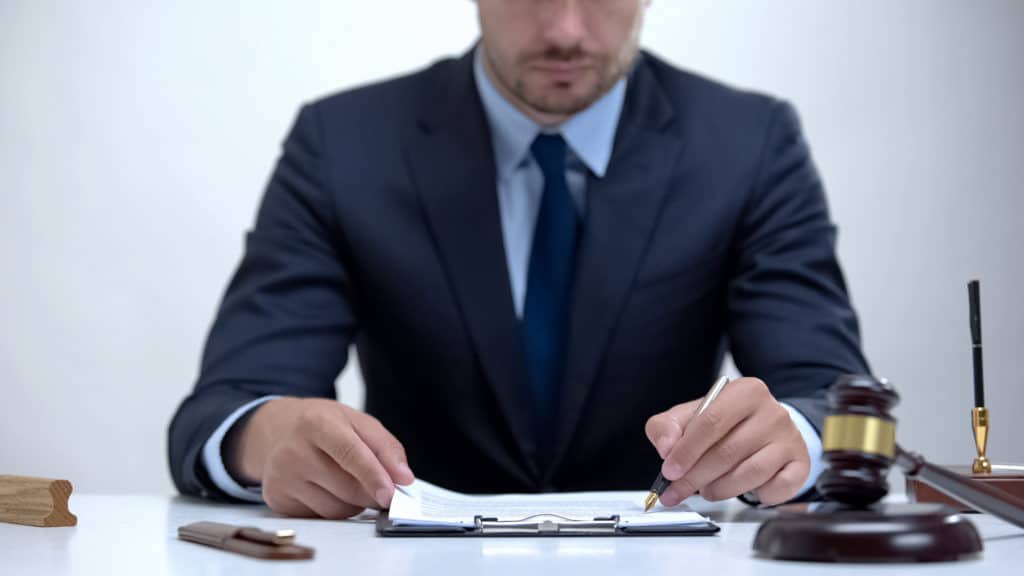


There is a general doctrine in criminal law called the “prior bad acts” doctrine. This is a rule of exclusion. The doctrine generally prohibits the prosecution from introducing and using evidence of an accused’s prior crimes, wrongs, or other “bad acts” to show “bad” character, a propensity to criminal behavior or that the accused acted in accordance with some bad character/propensity with respect to the events that have led to charges in a currently-pending criminal trial. At the federal level, the “prior bad acts” doctrine is codified as a Rule of Evidence. See Fed. R. Evid. 404(b)(1). The reason for the doctrine is that the prosecution must prove beyond a reasonable doubt that the accused committed THIS crime, not some other crime in the past. Further, juries must not be prejudiced by prior bad acts and convict the accused for THOSE crimes. And legal scholars have demonstrated that juries are, in fact, more likely to return a guilty verdict when prior bad acts evidence is allowed by the judge.
Because of this well-known fact about juries, government prosecutors work very hard to figure out how to get prior bad acts evidence admitted as evidence in a criminal trial. The problem with the prior bad acts doctrine is that there are many many exceptions to the rule.
Further, what might be considered “prior bad acts” are not even deemed to be prior bad acts if the prior bad acts relate to
As can be seen, prosecutors have MANY possible methods of getting prior bad acts evidence admitted. And some of the exceptions are pretty vague. For example, what does it mean to say that prior bad acts evidence is “necessary” to “complete the story of the crime”? One can argue that the exceptions have swallowed the doctrine.
That being said, allowing evidence of prior bad acts can be the basis for a post-conviction appeal. In order to use prior bad acts evidence, the prosecution must obtain permission from the judge. In evaluating the request (either as a distinct pre-trial issue or in response to an objection made during the trial), the judge must look at the prior bad acts that are sought to be admitted and must use a three-part test. Prior bad acts evidence can be used if
If the judge improperly allows use of prior bad acts evidence, the judge commits an error and an error of this kind can lead to a reversal of a conviction on appeal. In general, most successful appeals convince the appellate court that the trial judge erred with respect to the second prong of the test.
For more information, contact the criminal defense team at the Federal Criminal Law Center. Our firm knows how to fully assess an individual’s case and how to identify the strongest grounds for appeal. Contact us today by calling (404) 633.3797 or by completing our quick and convenient online form. Remember, there are short-time deadlines for filing an appeal. Contact us today.